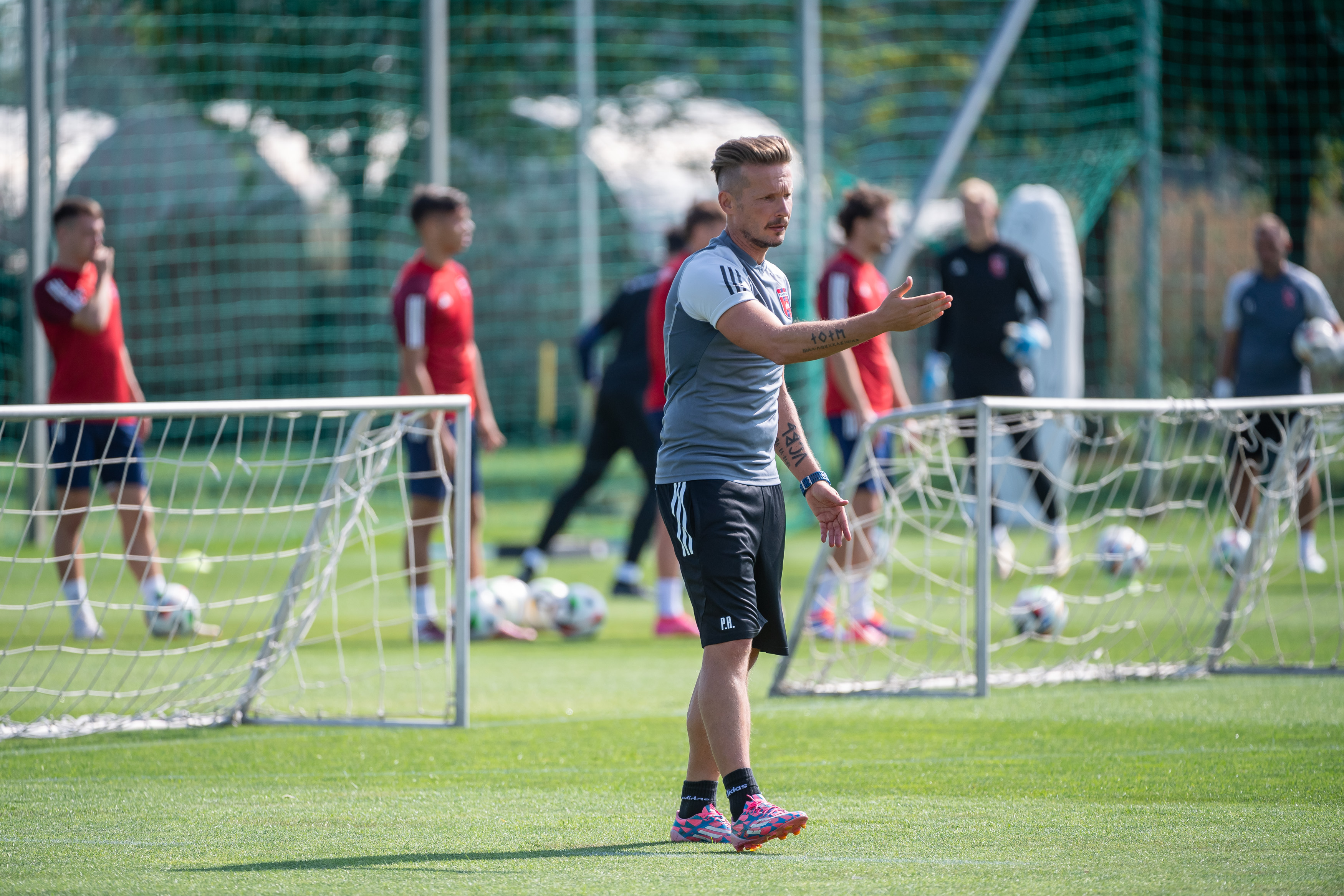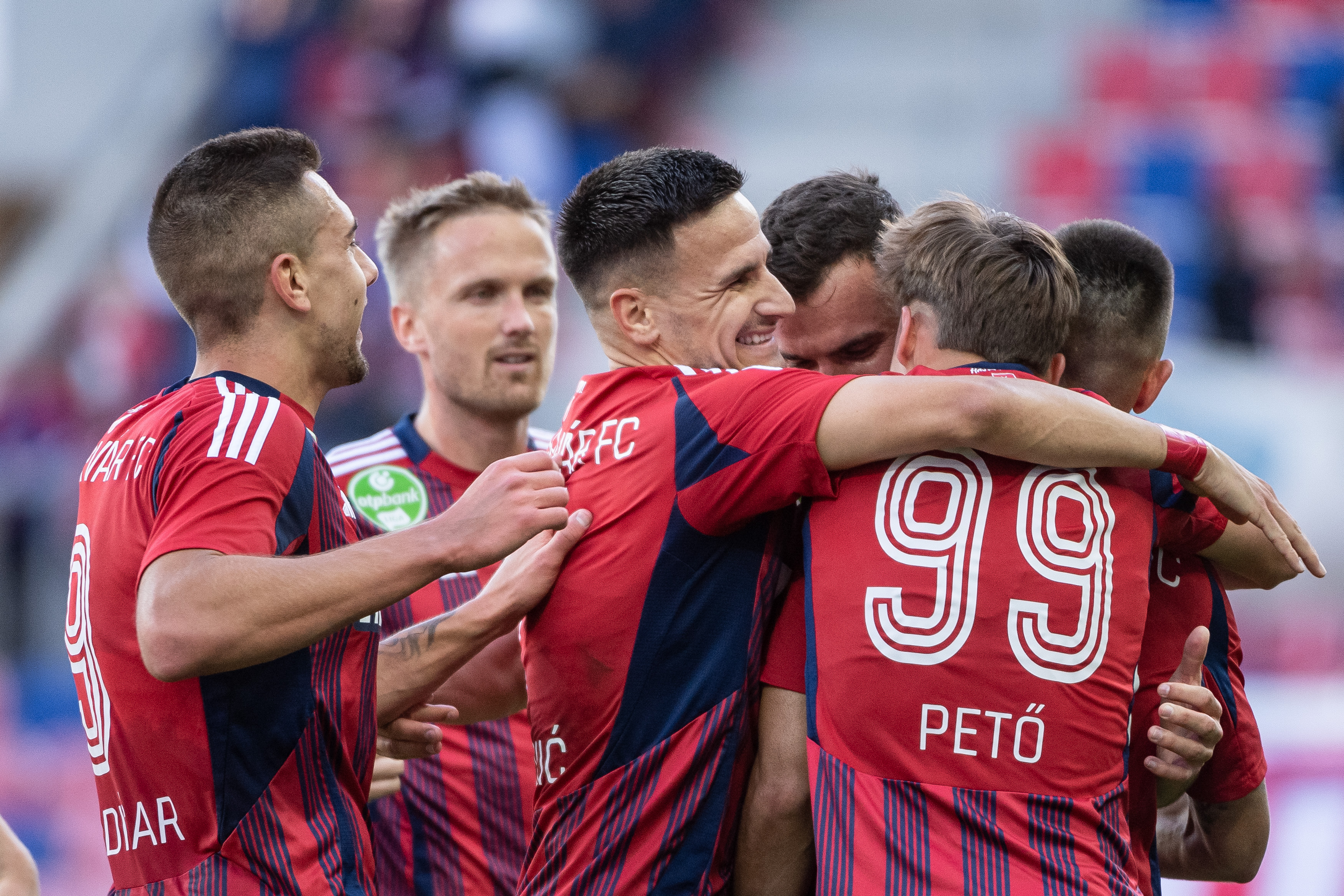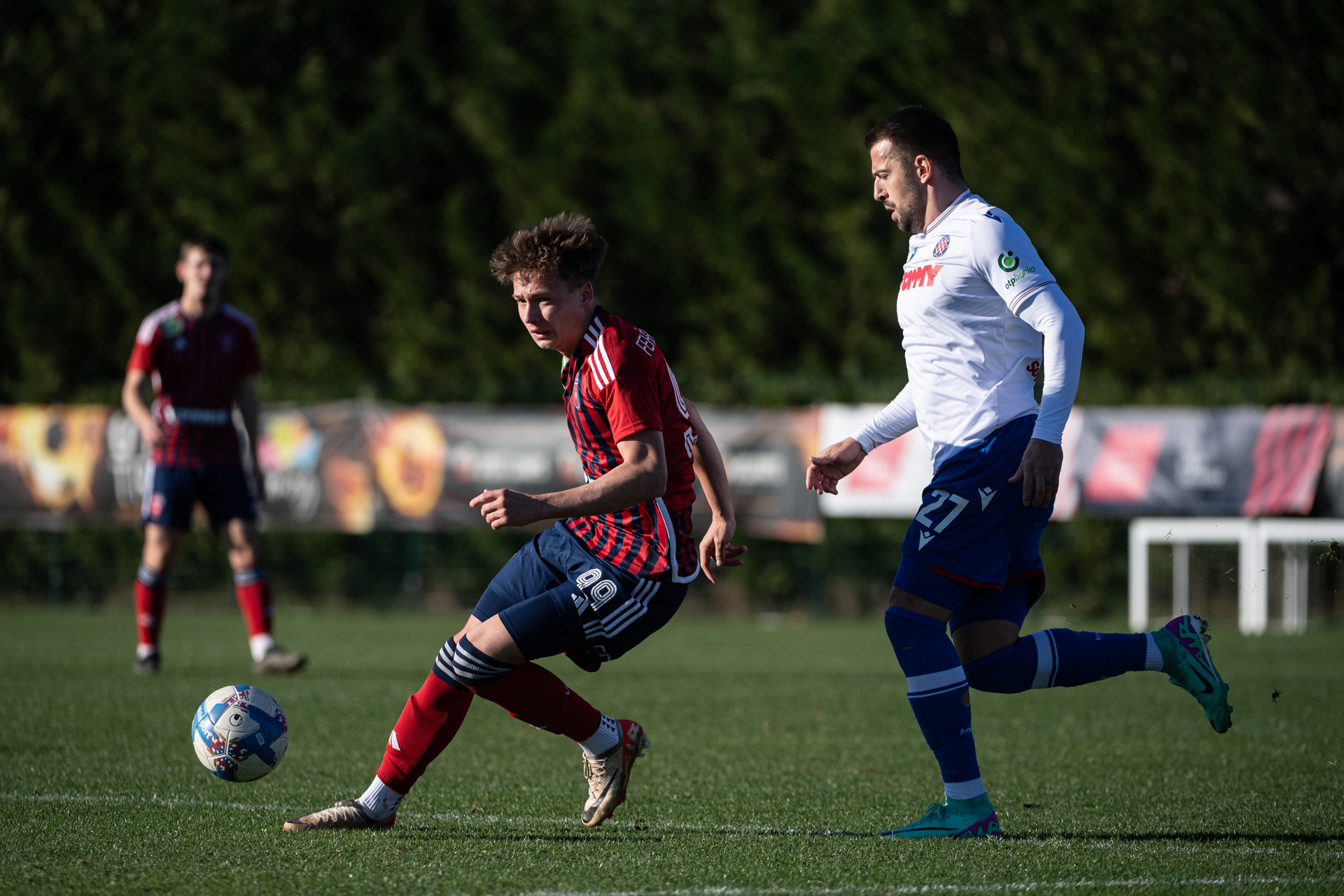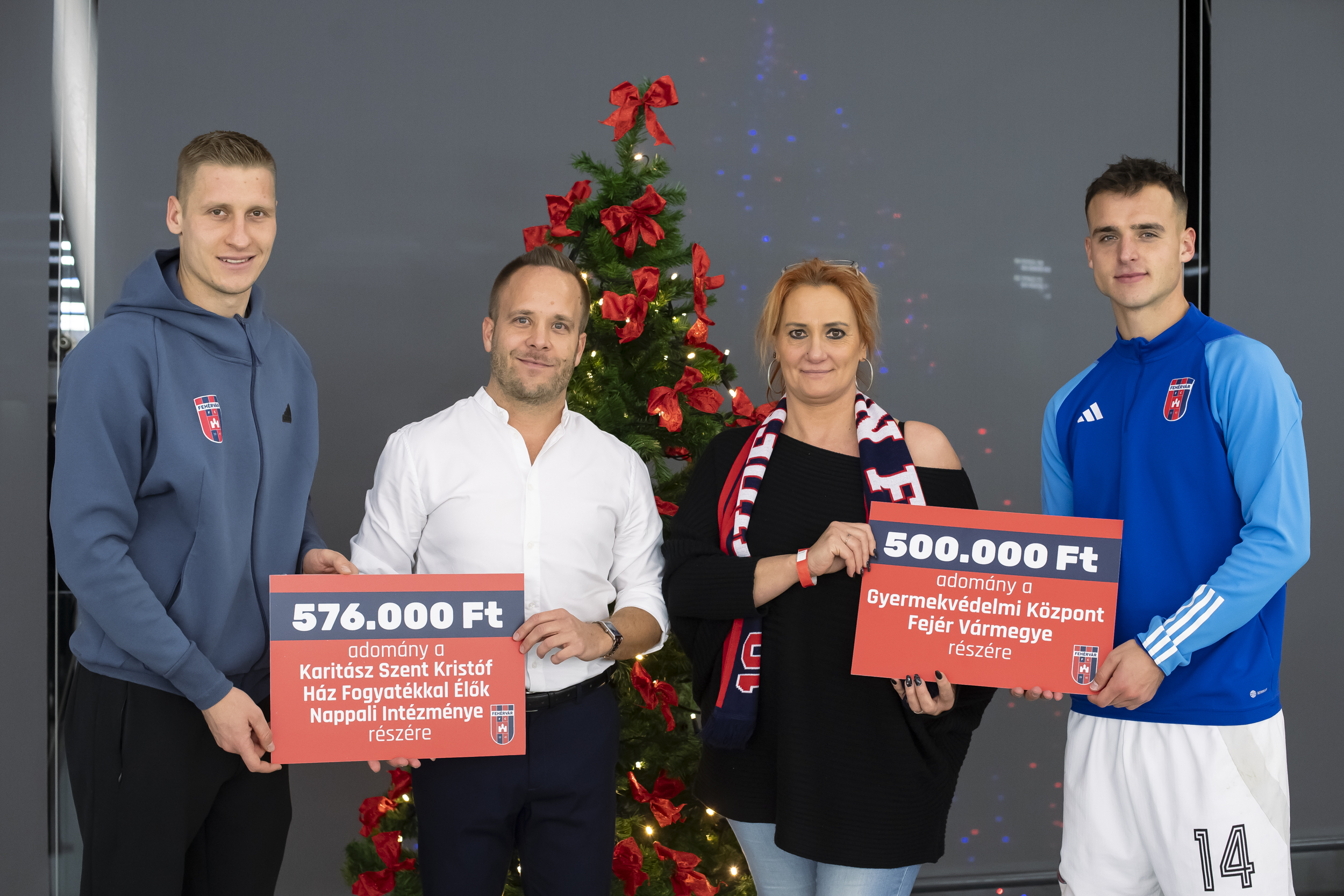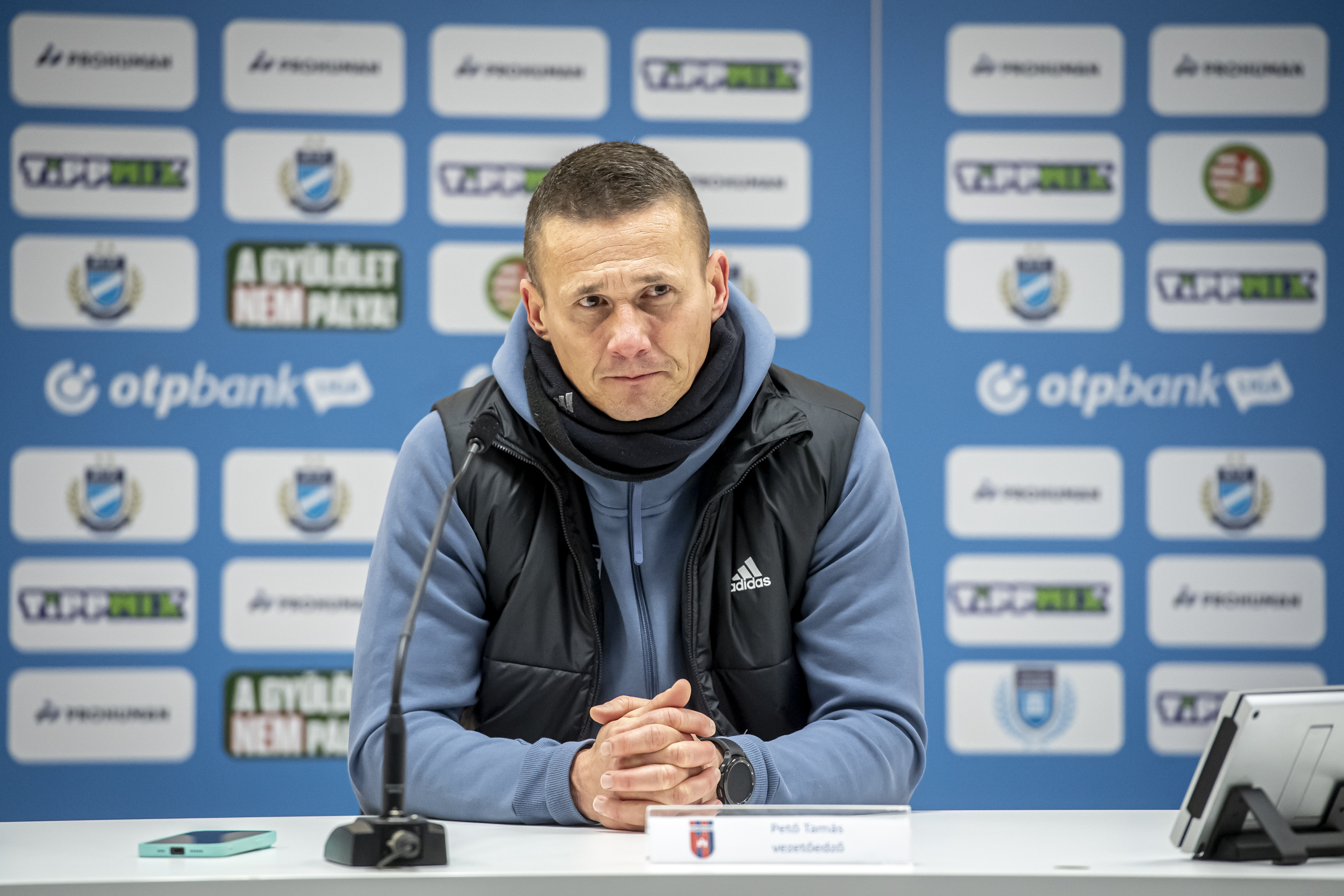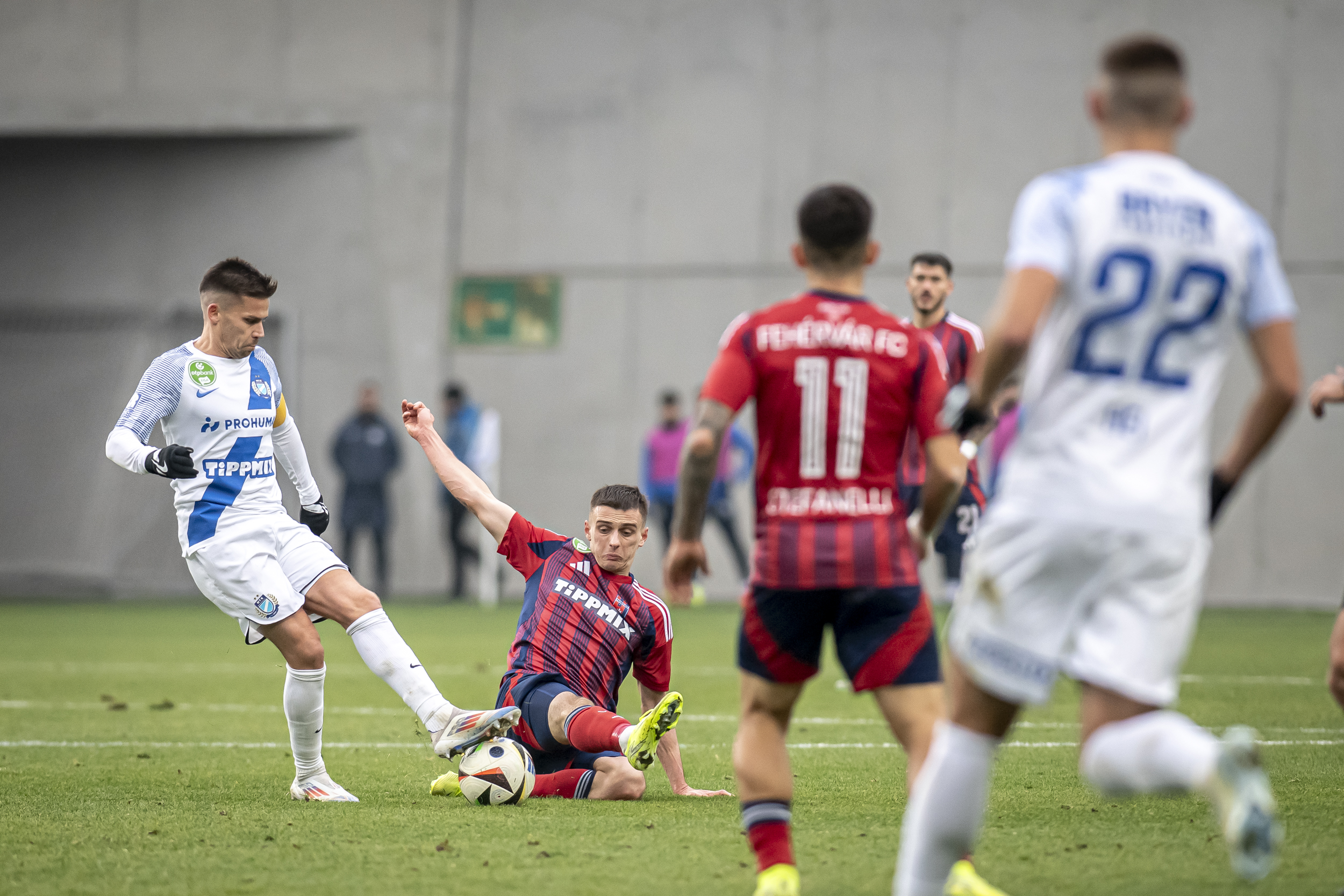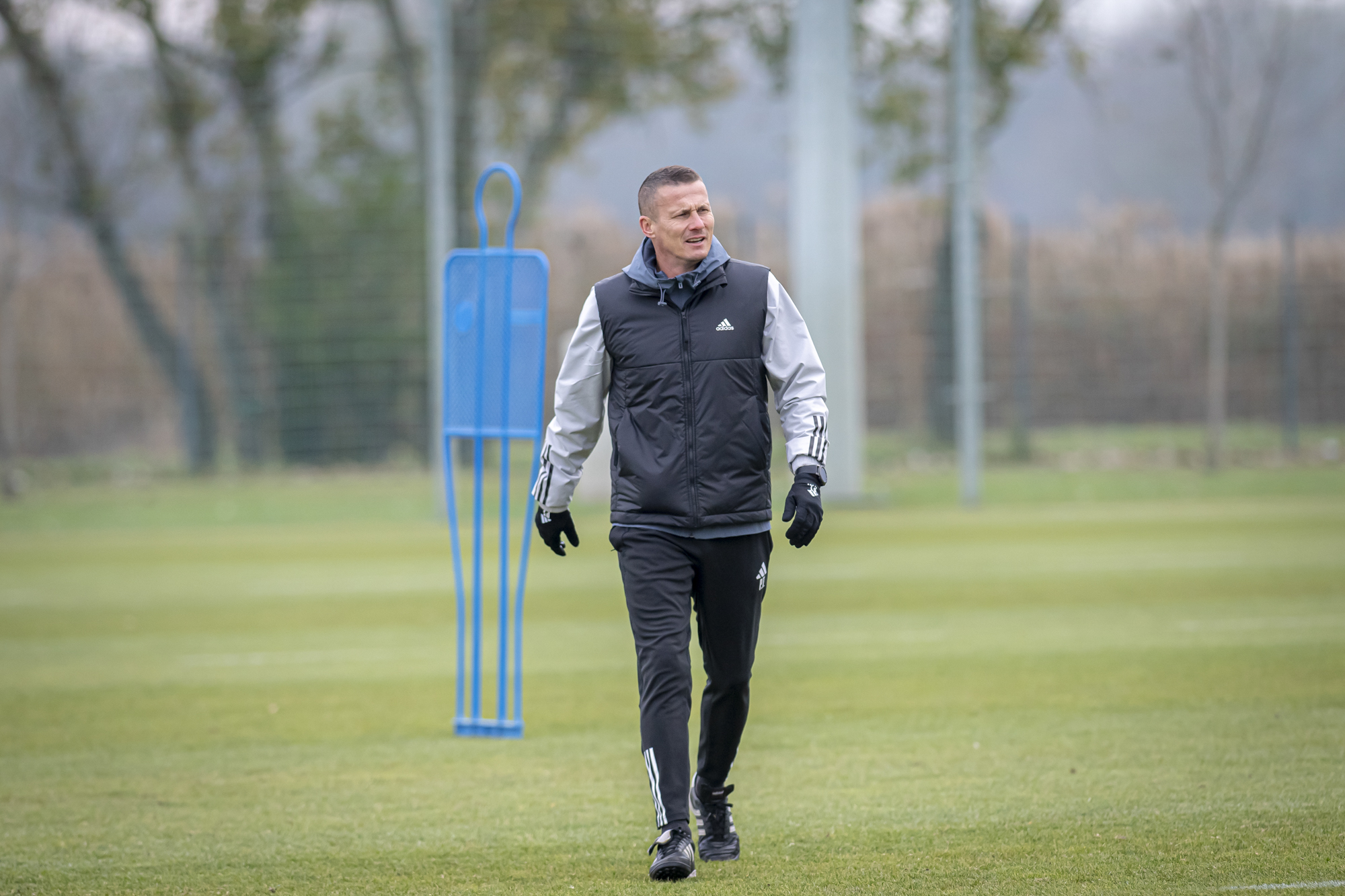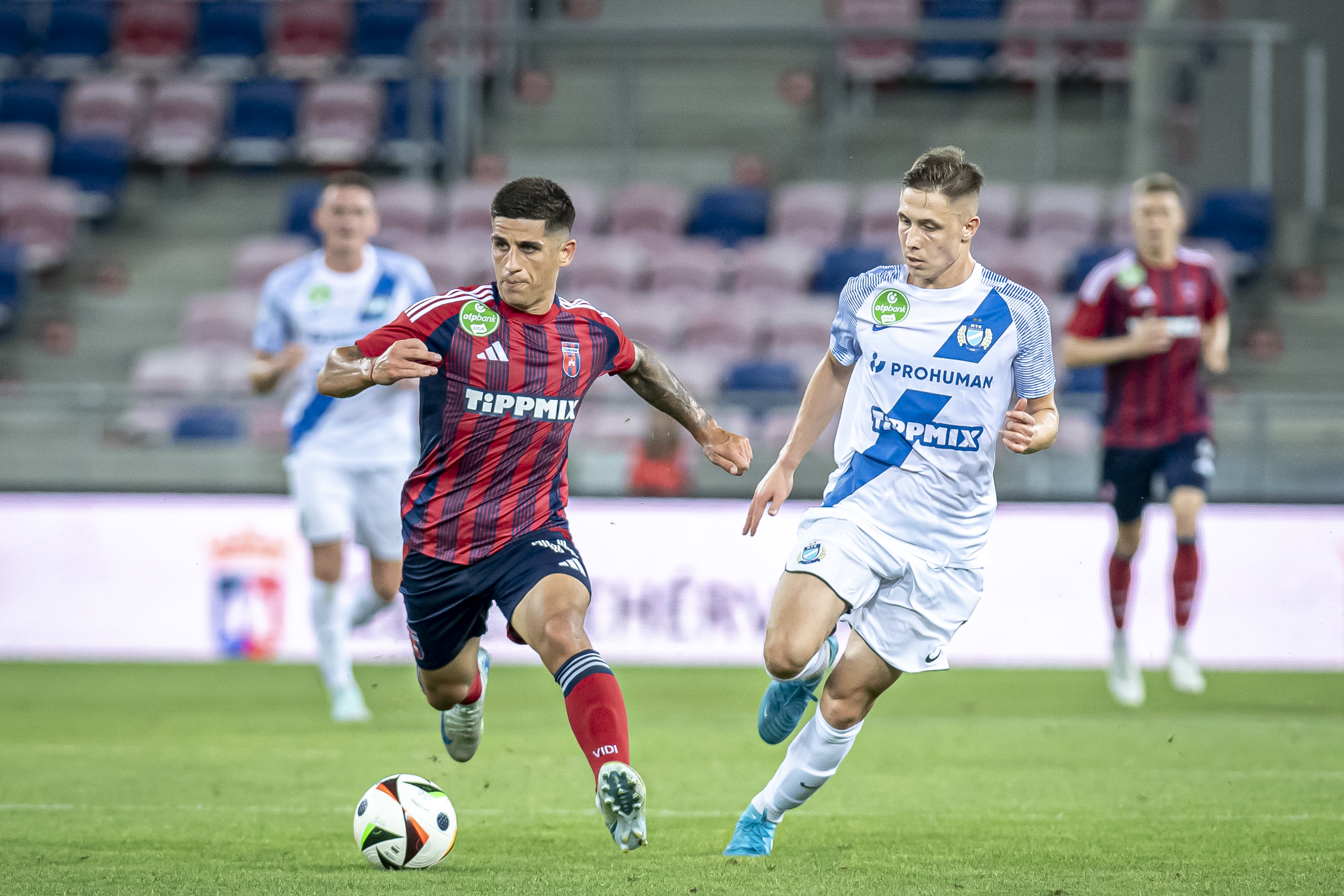We talked to our assistant coach Attila Polonkai about the years spent in Felcsút, Vidi's first league title, the difficulties caused by injuries and Old Trafford.
After your retirement in 2018, you coached at the Puskás Academy for five years. How do you remember this period?
It's a difficult moment in every footballer's life when they end their playing career. I had a lot of injuries in the last period, the decision gave way, but it was not easy. I'm grateful to the Puskás Academy for the opportunity to start coaching at this level straight away. When I came there as a footballer, the plan was to continue as a coach later on. I was a player for Miklós Benczés, we got to the NB I with him and we had a very good relationship. And I learned a lot from János Radoki in terms of work ethic. At the beginning I started as a fitness coach under István Csáki, who also helped me a lot. The transition after my playing career was not easy and I am grateful to them for their support during this period.
Let's move on to Vidi. When you started working together in the summer, the most important thing was to build a relationship of trust between the players and the coaching staff. After several months, how do you see it working? I feel that we've developed a good relationship between the coaches and the players, which I think is evident from the outside. We are on the right track, the atmosphere in the dressing room is right. We have a work plan, everyone - coach or player - knows what their job is. Tamás Pető is very easy to work with, with his leadership we are working in an environment where everyone knows exactly what they are doing, everyone is motivated. My responsibilities include helping with individual video sessions, but we also always discuss team issues together. There's a great relationship between the staff members, whether it's defence, attack, goalkeepers, analysis or fitness and medical issues, we work together as a team. I am convinced that this is the only way to work effectively and reflect on the situations that arise. How do you see this year's rejuvenated Vidi? I am happy that we have such a young squad! For a long time I have thought that it is possible to integrate young players, while at the same time focusing on performance and building a successful team based on expectations. Of course, this is a more time-consuming, longer process, which requires patience. I have never been afraid of throwing young people into the deep end, and I have had many positive experiences of this at Puskas. A young, driven team is also welcomed by the fans, and since the start of the season we have felt that they are behind us. We thank them for their support so far, and I'm sure there will be no shortage of encouragement in Felcsút! What do you expect from Sunday's game, what do we need to achieve a good result in Felcsút? It will be a tough match for sure. We've been preparing all week, we've talked everything through, we've tried to practice everything. We are playing at the home of a quality opponent, I am confident that we can get a good result, of course, what counts as a good result depends on the outcome of the match. Let's go back to your years as a player at Vidi. The 2009/2010 league title was decided in the last round in Győr. In hindsight, do you see that silver medal as a success or does the missed opportunity still hurt? As a player, of course, we saw the defeat in Győr as a failure, but as a coach I see it differently. When I came to this club with a strong tradition in 2008, we were at the beginning of the building process. In two years, under the professional leadership of György Mezey, we built a team that was in with a chance of winning the championship, which is an excellent result. Fortunately, the following season made up for everything, as we won the first league title in the club's history. Not just any match and you played a crucial role in that. We had to win against Kaposvár, we were leading, then the opponents equalised and in the 80th minute you scored from a free kick and slotted it into the net. It was a wonderful experience, as was the celebration after the game, but I can say that about my whole time here. Before Vidi, I was part of a close-knit team where I felt comfortable, but in my previous clubs it was often the case that we didn't get paid for six months. I was 29 when I arrived here, and it was in Fehérvár that I first felt that I only had to concentrate on football and not worry about what was going to happen to the family at the end of the month. We had a very strong team, we had 2-3 good players in one position or another, but the coaching staff always explained clearly who was playing and who was not, so there was no problem. The first champions team was also a great team in terms of personnel. You also played three times for the Hungarian national team. How do you remember your matches in the national team? To be a national team player is every sportsman's dream, and I'm glad I was given the chance three times. People often ask me if I am satisfied with my career. As a youngster, of course, everyone wants more, I had my first senior championship match at the age of 17, but then I got injured. I think they happened for a reason, the difficulties made me stronger and I was always able to get up from the floor. I'm grateful to my family who have been there for me and to the doctors who helped me recover. I fought my way back into my club teams and the junior national team, but I had nine operations in total during my career, several of which I was injured at the worst moments. With that history, it's a miracle that I've made the national team three times. I would like to highlight the match against England at Old Trafford in Manchester, where I played against world stars. It was a defining experience in my life. Maybe it was God's will that I should be there for a match like that after all the adversity. You have often mentioned the difficulties caused by injuries and that there is always a way back with hard work. Do you think this mental strength is an innate ability or can it be learned? Can you pass on your experience to young players with these problems? I always saw in my parents that they believed in work, they worked hard and although we were never rich, we had everything. I was also brought up to be supported in whatever I did, as long as I was serious about it. I'm sure a lot is determined by childhood, what we bring from home, but I think that mental strength can be learned and developed. If you have a credible coach who has been through similar difficulties before, he can help players overcome difficult periods, whether it's injury or a loss of form. Of course, the most important thing is that the player uses the advice to overcome the difficulties. Only then can you succeed.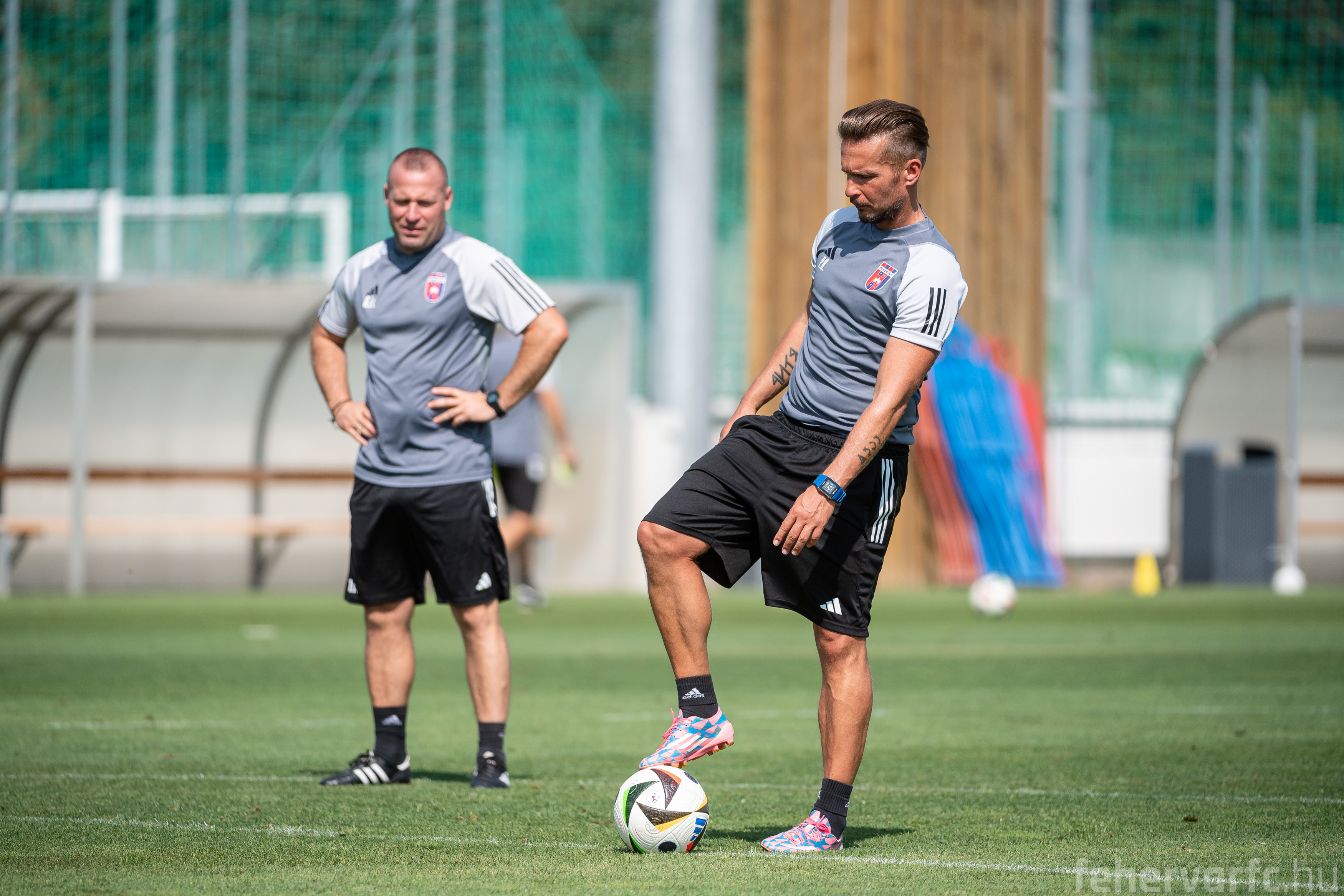
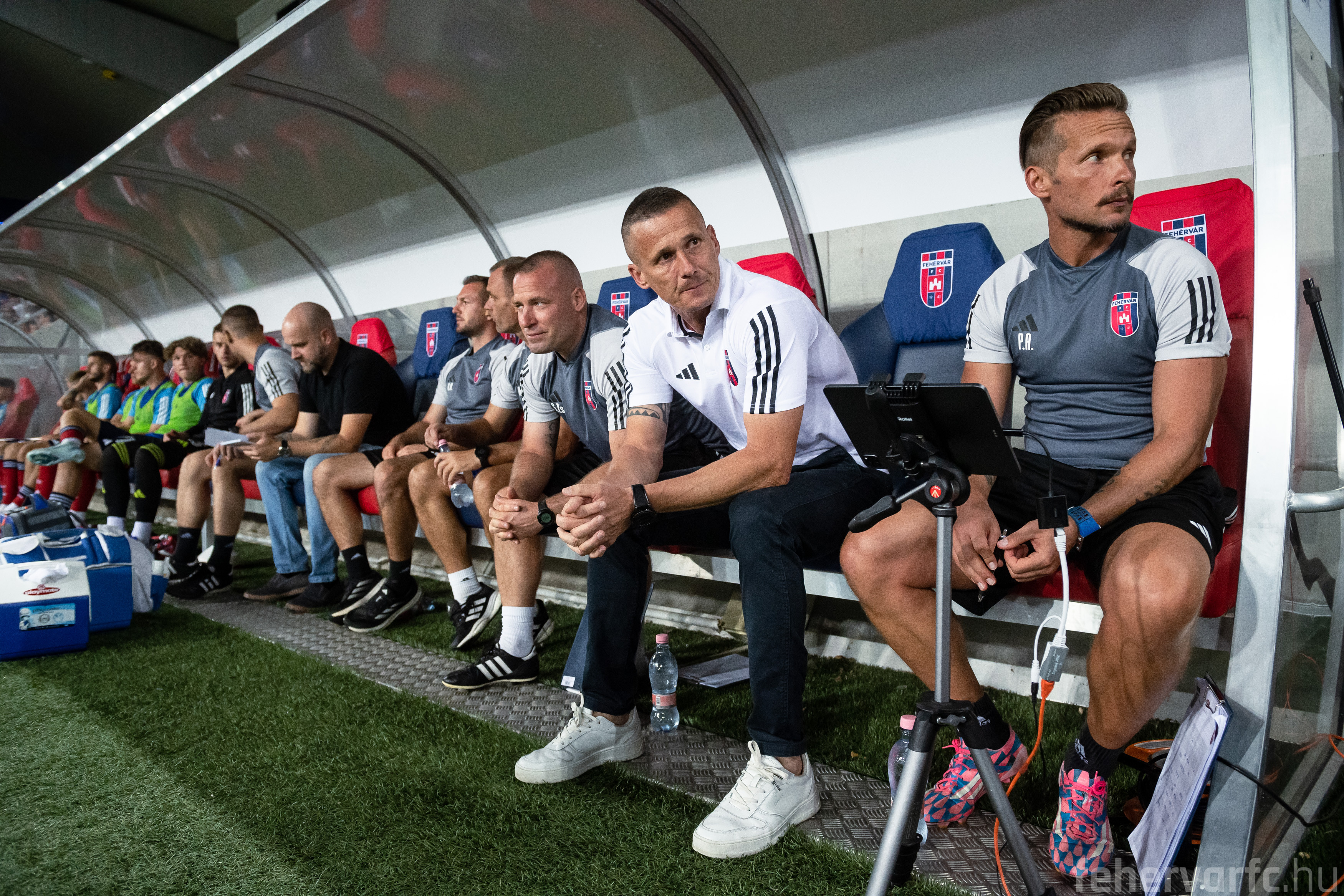
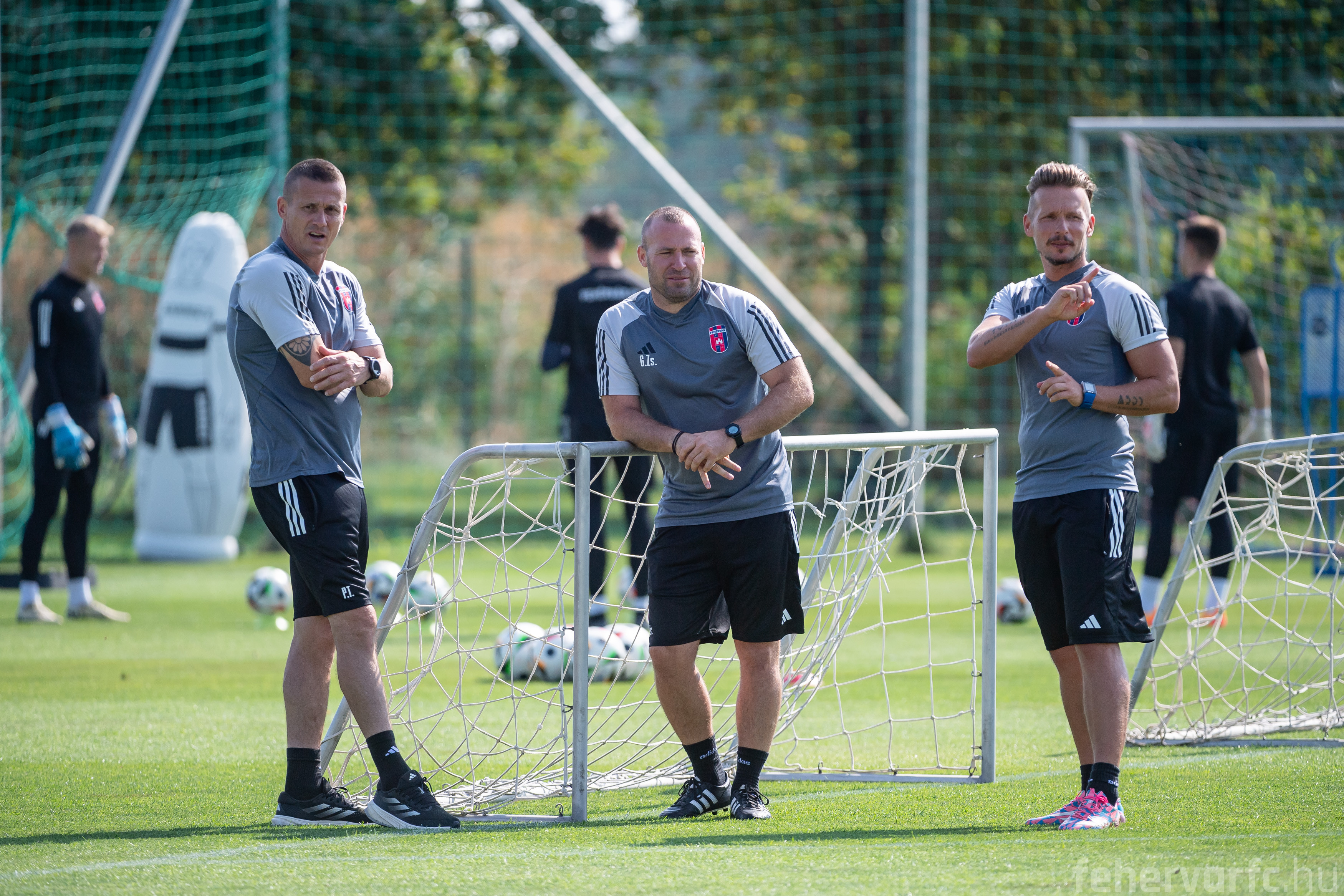
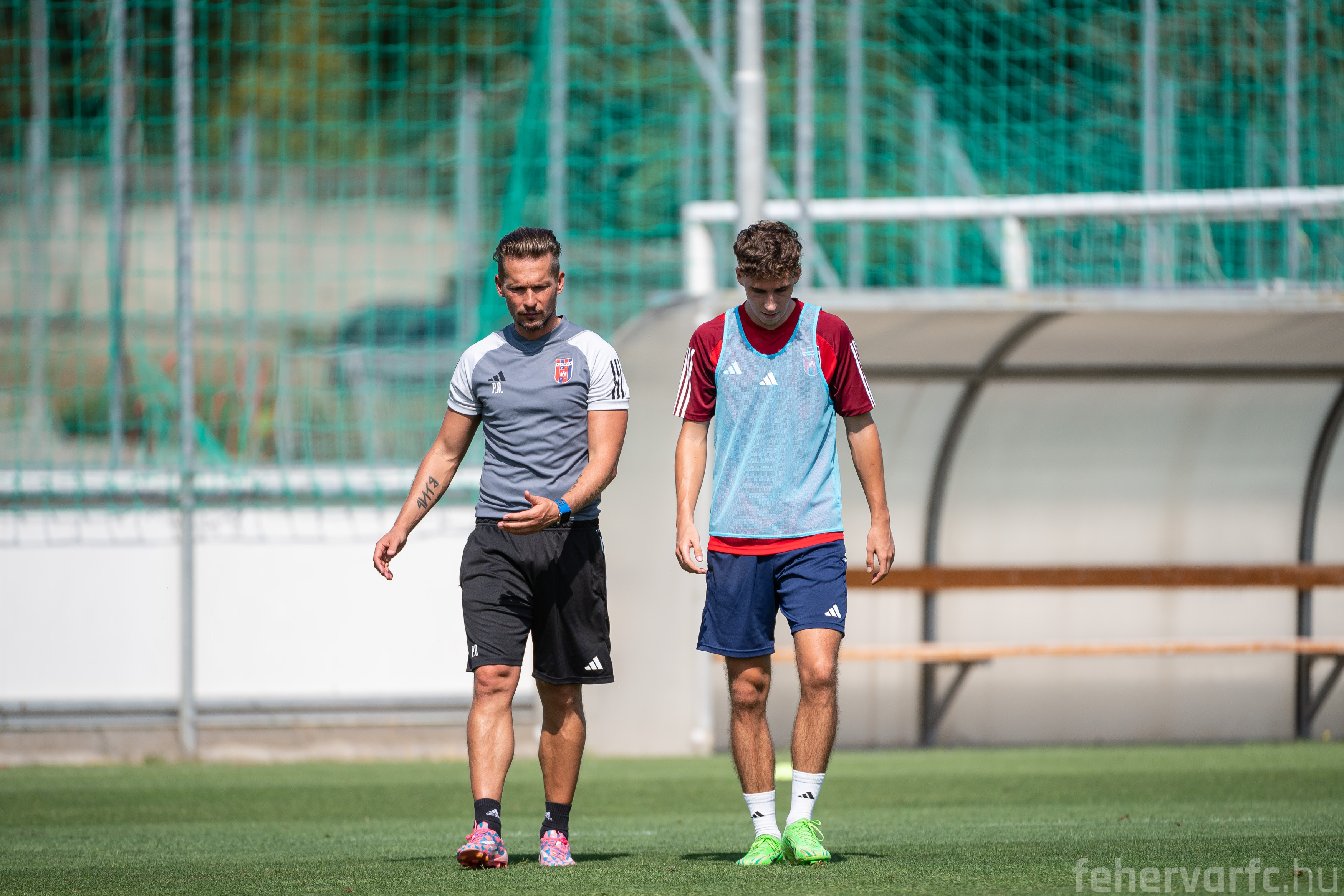
Author: David Rechnitzer

